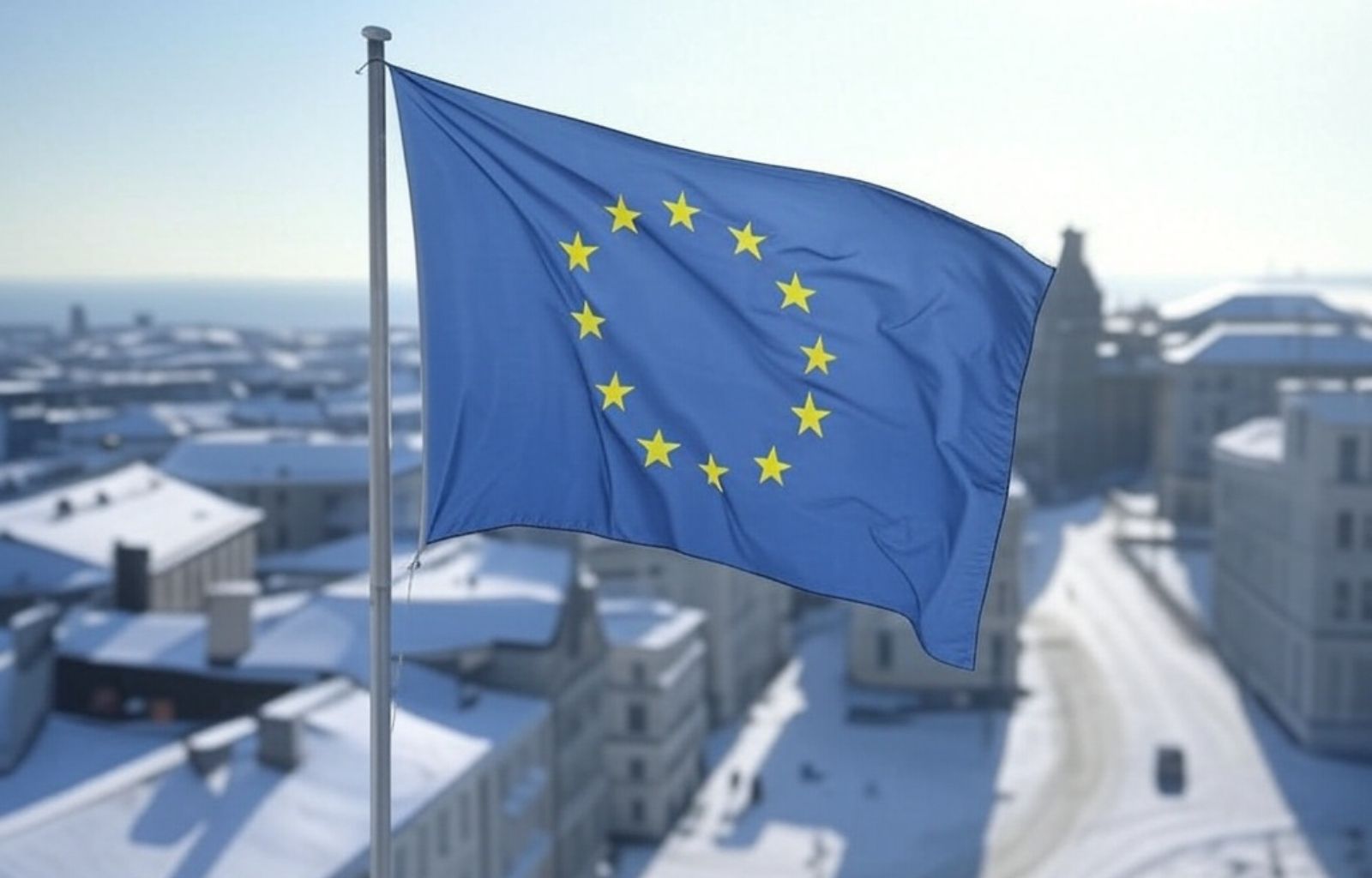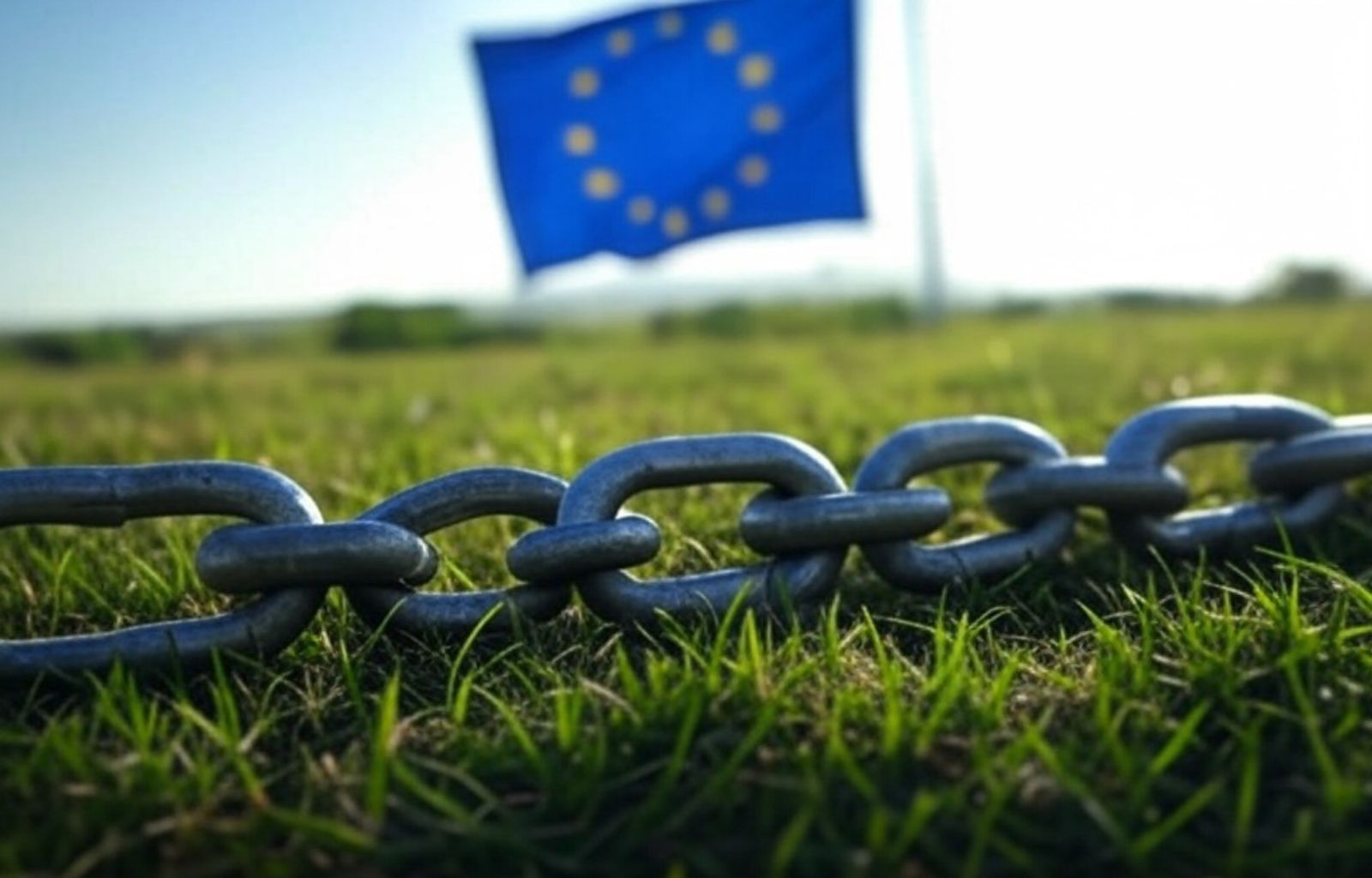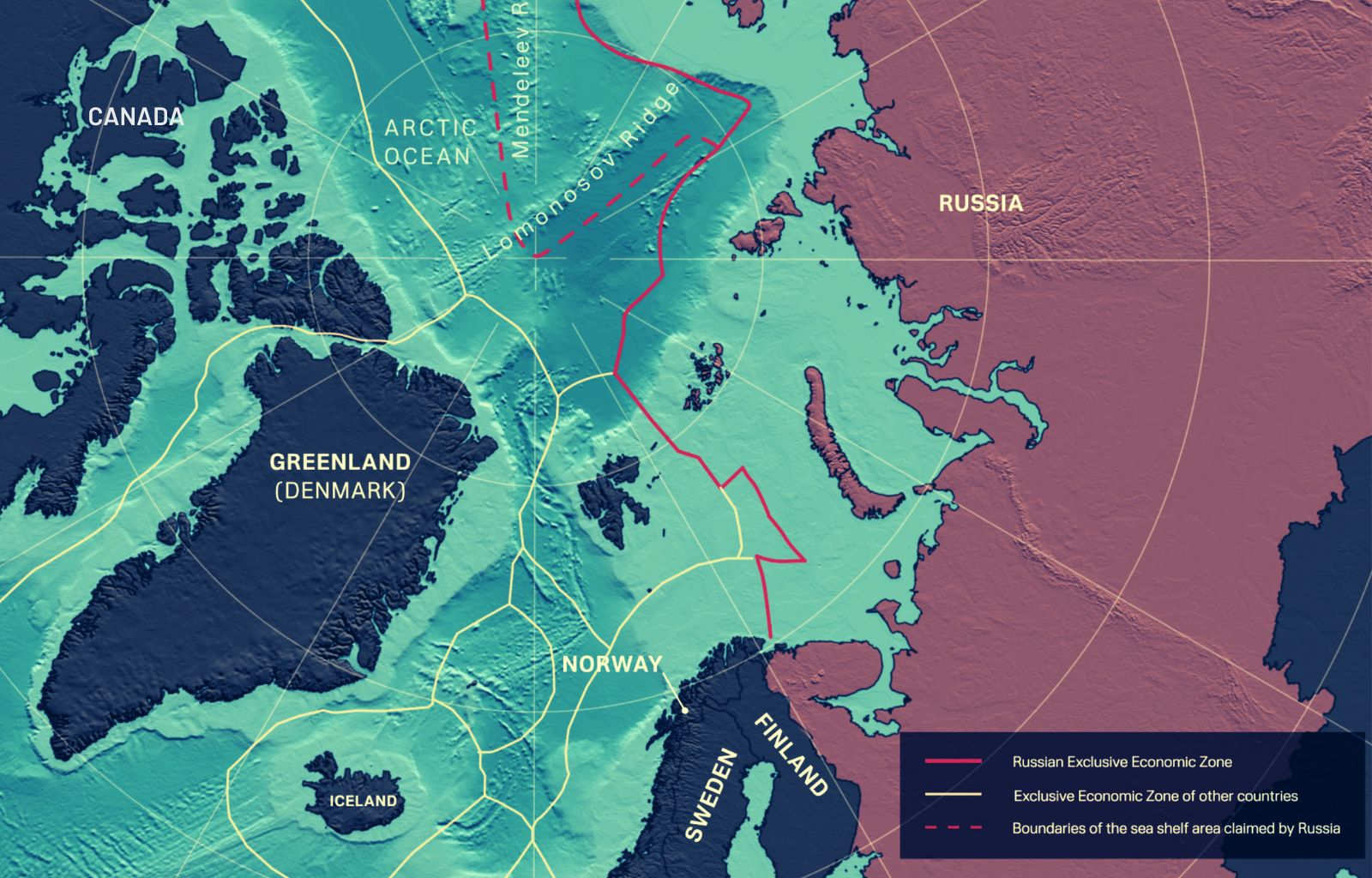Novus Chaos Seclorum: Trump Doctrine’s correct assumptions and insane outcomes
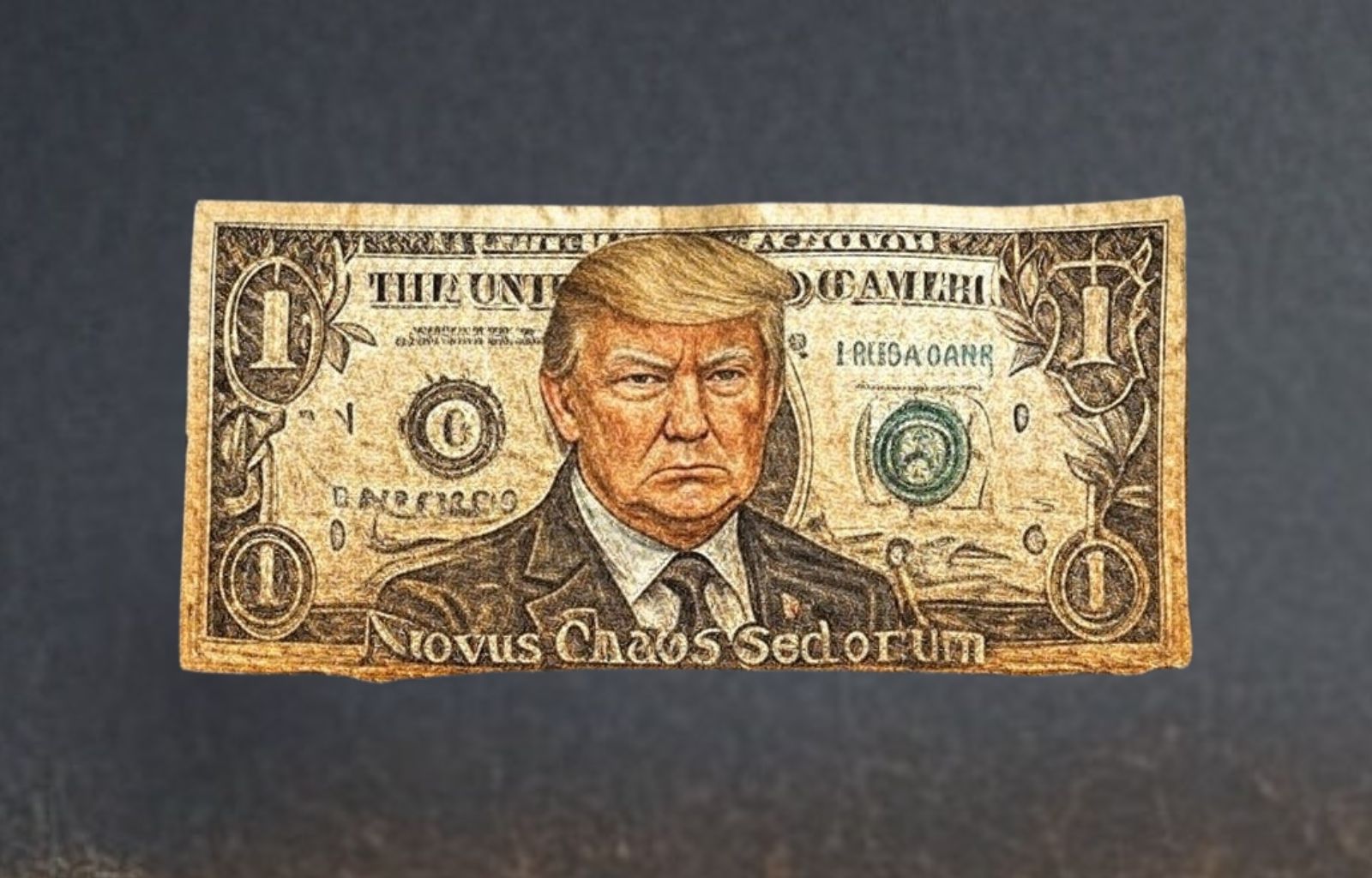
Everything has been said, read and heard, in just a few days, on the subject of duties. They talked about it on the news and the taxi driver spoke about it at dawn (while listening to Radio Radicale). We look for crutches, stories and justifications. But the game, as always, is not the one Occam would like. The matter is much more complex and cannot be simplified with a razorblade.
The story, the real one, was told in full by the Chairman of the President’s Council of Economic Advisers. We cannot ascertain that it is what Trump has understood about the game he is playing, but it is what his advisors want him to play.
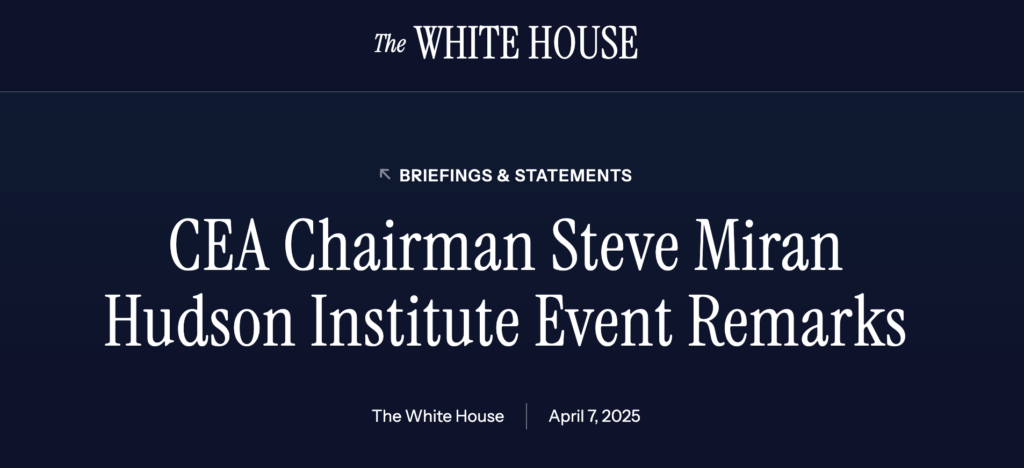
The writer of the indictment, Stephen Miran, is a Harvard economist who later moved into the private sector. Not up to the standards of his mentor Martin Feldstein, but neither is he a nobody like the hawk Peter Navarro. His arguments are partially supportable or, at least, partially potable to those who look reality in the face. What is, however, very difficult to accept are the prescriptions that Miran proposes to the Trump administration.
Miran starts with an assumption: the United States has guaranteed peace and prosperity to the world for 80 years, paying a price that has become unsustainable. They have done this by spending trillions on military expenditure and guaranteeing a reserve currency (the dollar) for world trade.
On these two points we can hardly argue. The deterrent power of the American umbrella has made the world more peaceful. And it has underpinned the liquidity and reliability of the dollar, which has allowed trade to flourish even between countries with weak currencies.
Miran is also not disputable when he argues that in order to ‘produce’ the dollars the world needs, the US has had to run twin deficits for five decades, i.e. to generate that demand for dollars by issuing debt against a federal government deficit and maintaining a constant trade deficit. It is also true that this constant deficit does not tend to be consistent with macroeconomic models. It is not because, precisely, the demand for dollars and US Treasuries as reserve securities has drugged the game.
From here on, the analytical part ends and all that follows is a one-sided reconstruction that Miran proposes. Allow me to go by points:
– Miran claims that ‘living beyond one’s means’, in constant deficit, was a choice forced upon the US;
– Miran argues that this failure to adjust the trade balance (e.g. by devaluing the dollar) alone eroded US industrial and manufacturing capacity;
– Miran argues that this situation contributed to distortions that led to destabilisations such as the Great Financial Crisis of 2008, for which he essentially blames China.
This kind of analysis is quite surreal and only intelligible in a victimistic, JD Vance model worldview. The US has deliberately chosen to operate on the world stage in this manner, to accept this approach to the world. Moreover, it is evident that a huge portion of those dollars have been reinvested in the country, making it in large part the richest and most prosperous nation that has ever walked this Earth. The United States of today is rich ‘because’, not ‘in spite of’.
The disconcerting part, in my view, begins when this analysis becomes prescriptive and meets Donald Trump’s intemperate in its path. Miran has no apparent affinity with what some analysts claim is an American ‘strategic downsizing’ strategy initiated by Obama and continued in the years to come. His analysis pushes towards a new century of domination, but at a reduced cost.
All the political rhetoric here is about burden sharing, the sharing of the burden of costs. Miran’s certainty is that tariffs or other forms of taxation of other countries (right down to the phantom ‘individual government’s cheque to the US Treasury’) are a win-win option. Here again the economist assumes that:
– the simple duty-revenue manoeuvre for multinationals can rebuild value chains and manufacturing in the US, even though this happens everywhere else regardless;
–most counterparts are totally unable to find other outlets for their exports and are totally unable to build a domestic market, so they retain the advantage of ‘paying to do business’ with the US;
– there is no alternative to the dollar for world trade and reserve assets.
With this and the revenue from these manoeuvres, taxes could be lowered and the deficit reduced, guaranteeing further decades of domination and prosperity.
This is absurd.
The erosion of the manufacturing base is a fact in all Western countries and no amount of tariffs can magically solve this problem. Rebuilding totally ‘home-based‘ value chains contradicts any theory of economic efficiency. Of course there are strategic risks to being dependent on others, but these can only increase if you turn everyone against you.
Most countries that have huge surpluses may well have to maintain them in the short term, but they will still try to change their economic formula in the medium term, no longer having in a blackmailing America a reliable partner.

The whole of the old Third World, and Europe itself, are scrambling to solve the reserve and transaction currency problem. Generating an international shock, the other day China launched the digital Renminbi, a digital currency capable of (at least theoretically) doing away with Swift, the American payments system that has, in conjunction with the dollar, generated exorbitant US power, also in terms of sanctions. The Brics fear their own currency, the digital euro is in gestation, nobody will trust it any more.
Among other things, in all this Miran hopes for more American defence procurement (as a further ‘duty’ to be paid) and fears the same unchanged military projection. An expectation that totally clashes with the waning of American geopolitical and geostrategic reliability, now totally destroyed in just one quarter of the Trump presidency.
The United States has profited enormously from its dominant position for over 80 years. They have built the greatest military, financial and economic position the world has ever known.
At a crucial moment in history, in a total paradigm shift, they are the only major power or industrialised country to have a stable demographic perspective. They rule technology like no other. Their greatest geostrategic rival, China, will halve its population in 70 years. A deadly adjustment.
The force of history pushes in a centrifugal function with respect to the American centre of gravity. Regardless of what happens in the White House. The cards, however, in my opinion, are (or were) still in Washington’s hands. But American democracy has chosen magical thinking: chastise those who already wanted autonomy from the stars and stripes, assuming they would obtain subservience and obedience.
When playing with hard power, it is no longer the cards that count, it is the perceived unreliability and unpredictability of the other party that counts. Which will lead everyone to run away.
The question is: what will Europe do? What is Europe to do? Everything, and nothing new.
What she should have already done. Stop being a subject, start being an equal and reliable partner. And geopolitical giant.
The euro needs its digital variant, its international clearing system that can guarantee speed and reliability, its large market of common securities to act as a reserve, an army to protect and defend that currency, free trade agreements that are effective both internally and externally, a healthier relationship with China.
The game is for the next 50 years, not for the next 10 .



